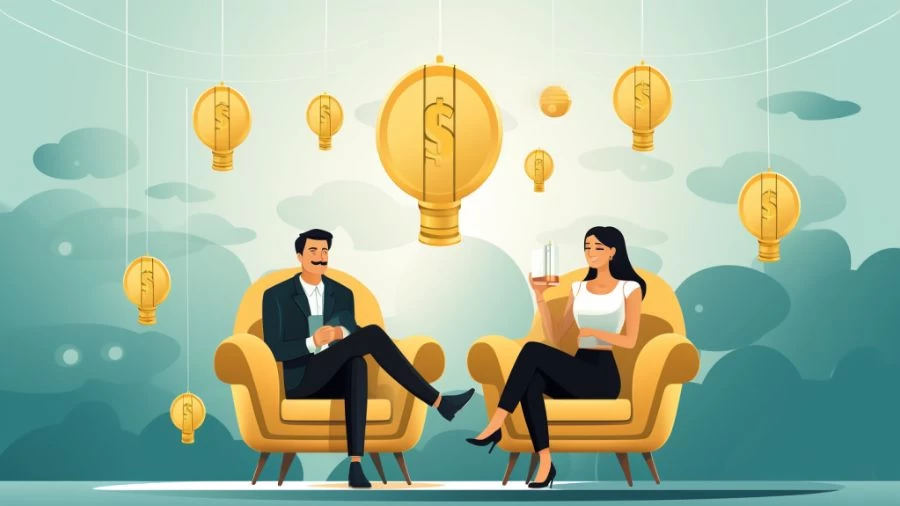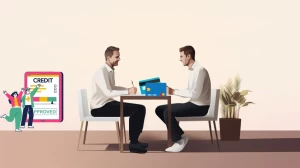
Quiz Questions On Personal Finance And Borrowing
Challenge yourself with our quiz questions on personal finance and borrowing, test your knowledge, and uncover valuable answers to enhance your financial understanding and decision-making skills.
by Sai V
Published Nov 06, 2023 | Updated Nov 06, 2023 | 📖 3 min read
When Applying For Credit, Is It Preferable To Receive A Low Interest Rate Or A High Interest Rate?
Answer: Low Interest Rate
Explanation: When applying for credit, it is preferable to receive a low interest rate. A low interest rate means that the borrower will have to pay less money in interest over the life of the loan or credit card balance. This makes it easier for the borrower to manage their debt, make timely payments, and save money in the long run. In contrast, a high interest rate would result in higher overall borrowing costs and could make it more challenging for the borrower to repay the debt.
Why Do People Sometimes Use Credit To Pay For Items Instead Of Just Using Cash?
Answer: People often use credit to pay for items instead of cash due to benefits such as expense tracking, rewards, security, and dispute resolution, offering greater convenience and financial advantages.
Explanation: People use credit cards instead of cash because they offer benefits like expense tracking, cashback, and travel perks. Credit cards also provide protection in cases of non-receipt or loss, allowing users to dispute charges, making them a convenient and secure payment option.
With P2P, Who Is Bearing The Risk Of The Borrower Defaulting On The Loan?
Answer: Lender or investor
Explanation: In P2P lending, lenders take on the risk of borrower default. They assess borrower information and may require additional security measures like cosigners or collateral to protect their investment. Unlike banks, P2P lenders lack insurance against defaults, underscoring the significance of prudent lending practices.
How Does The Punishment For Late Payment Of Student Loans Differ Between Federal And Private Loans?
Answer: The punishment for late payment of student loans differs between Federal and private loans. Federal loans can result in tax refund seizure and partial social security benefit seizure, whereas private loans can lead to lawsuits and wage garnishment.
Why Does The Amount Of Interest You Pay Decrease Every Month?
Answer: The amount of interest you pay decreases every month because the outstanding balance (principal) reduces with each payment, leading to lower interest calculations.
Explanation: As monthly payments chip away at the outstanding balance (principal) of a loan, the reduced remaining amount leads to lower interest calculations. This continuous decrease in the principal results in a diminishing interest component, gradually reducing the monthly interest payments until the loan is fully repaid, saving borrowers money over time.
What Types Of Loans Could Result In The Seizure Of Your Property? Why Might That Be Particularly Bad For A Young Borrower?
Answer: Mortgage
Explanation: Mortgage loans could result in the seizure of your property if you fail to make payments. This is particularly bad for young borrowers because it leads to a damaged credit score, making it difficult to secure future loans or financial stability. Defaulting on a mortgage can have long-lasting financial consequences for young individuals.
What Happens To The Principal Paid Over Time?
Answer: Decreases
Explanation: The principal amount decreases over time as loan payments are made. Making extra principal payments reduces the total amount of the loan, helping to pay it off sooner and save on interest costs.




